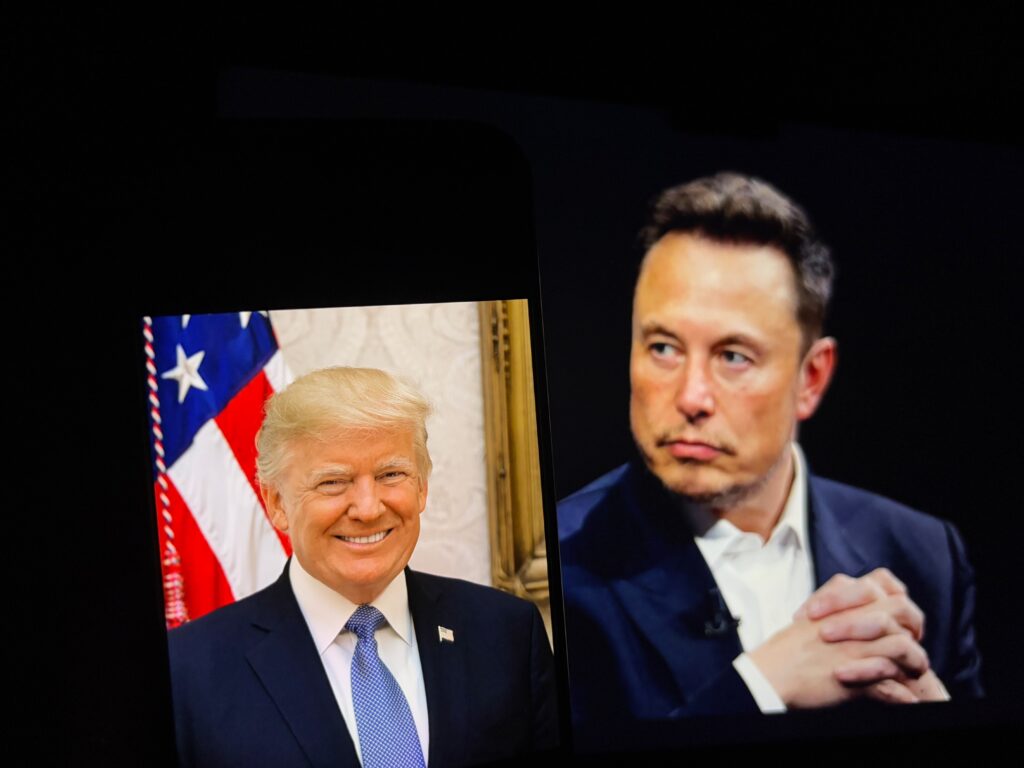Elon Musk sparked debate after making a controversial gesture resembling a ‘Nazi’ salute during Trump’s inauguration rally.
Musk’s Gesture Raises Questions
Musk thumped his chest and extended his right arm forward, palm down, repeating the gesture twice. Critics labeled it fascist-inspired.
Historians dismissed claims that Musk intentionally mimicked the Nazi salute, calling it likely a spontaneous act with no deeper significance.
Historical Context of the Salute
The so-called Roman salute, adopted by 20th-century fascists, features an extended right arm with a downward-facing palm.
Italian dictator Benito Mussolini mandated the salute in 1925, although historians agree it has no ancient Roman origins.
The Nazis later used a similar gesture to show allegiance to Adolf Hitler, solidifying its association with fascism.
In the US, the Pledge of Allegiance once included the “Bellamy salute,” later replaced in 1942 with the hand-over-heart gesture.
Modern Usage and Legal Restrictions
The Nazi salute remains illegal in several European nations, including Germany, Austria, and Slovakia, where it symbolizes hate and neo-fascism.
Neo-fascist groups continue to use the gesture, sometimes arguing it is symbolic rather than overtly criminal.
Italy’s top court ruled in 2022 that performing the salute isn’t illegal unless it endangers public order or revives fascist movements.
Neo-Fascist Reactions to Musk’s Gesture
White supremacist groups reacted positively to Musk’s gesture, regardless of intent, viewing it as symbolic support for their cause.
The group White Lives Matter posted, “Thanks for hearing us, Elon,” on Telegram, while neo-Nazi leaders praised the move publicly.
Andrew Torba, founder of far-right platform Gab, shared a photo of Musk’s gesture, calling it part of “incredible things happening.”
Evan Kilgore, a Holocaust denier, wrote on X, “Did Elon Musk just Heil Hitler… We are so back,” fueling online speculation.
Trump’s Pardon of Capitol Rioters
On Wednesday, Trump defended his pardon of rioters convicted for the Capitol attacks, including members of far-right groups Proud Boys.
The executive order granting clemency reignited concerns over Trump’s willingness to accommodate extremist groups in US politics.
Trump also refused to distance himself from groups like the Proud Boys, fueling further criticism of his ties to far-right movements.


